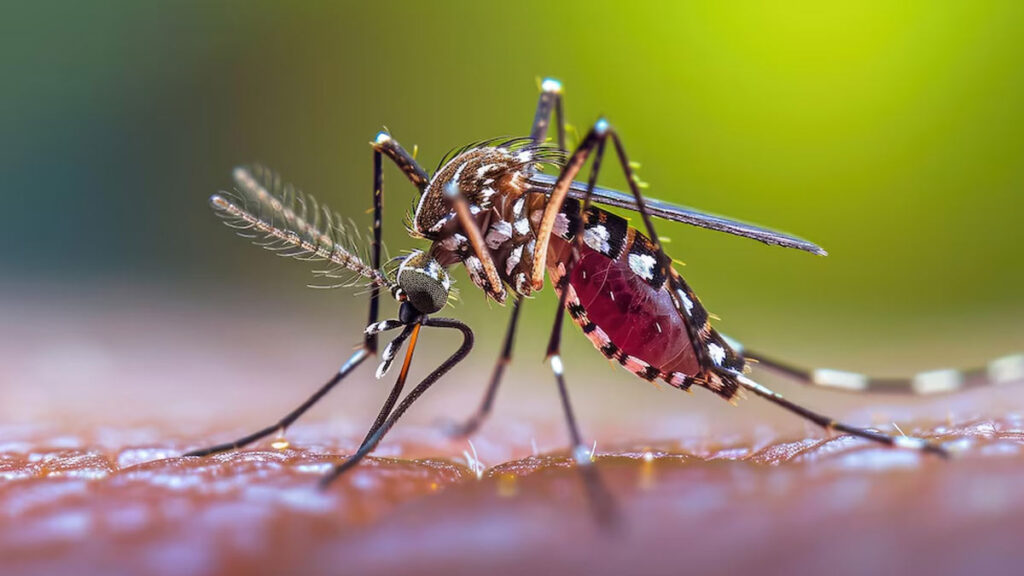Now Reading: C’River, Bayelsa partner firm to sustain HIV treatment
-
01
C’River, Bayelsa partner firm to sustain HIV treatment

C’River, Bayelsa partner firm to sustain HIV treatment
In a move to safeguard healthcare systems amid the recent collapse of USAID-funded supply chains for healthcare commodities, Cross River and Bayelsa State governments have partnered with a logistics system, Zipline, to ensure the reliable supply of HIV treatments at hospitals and other healthcare facilities, all at no additional cost to the state governments.
A statement released on Wednesday by the firm noted that the abrupt collapse of USAID-funded supply chains has had significant implications, creating gaps in healthcare provision worldwide.
“It is estimated that since the Trump administration’s foreign aid freeze took effect in January 2025, more than 40,000 people globally have died from the loss of HIV antiretroviral drugs alone. With the stop-work order now extended by an additional 30 days, Nigerian national and state governments are stepping up to ensure that their citizens continue to have access to life-saving medication.
“In partnership with Zipline, Bayelsa and Cross River States are reimagining what their healthcare supply chains will look like without donor support, leveraging their existing state-led initiatives to make their healthcare systems more reliable and equitable than before.
“For example, Zipline immediately took over antiretroviral therapy deliveries for 33,000 people living with HIV and, within a matter of days, delivered thousands of ARV doses. The states are additionally working toward resuming malaria, tuberculosis, and nutrition care through Zipline (all supply chains that ran on a parallel system funded by USAID that ceased working once donor support was withdrawn),” it stated.
It said, building on existing relationships at the state and federal levels, Zipline’s innovative approach will be instrumental in strengthening the states’ health logistics infrastructure.
“This effort is further reinforced by a Memorandum of Understanding signed with the Federal Ministry of Health in September 2024, paving the way for broader national adoption of Zipline’s drone delivery technology.
“The company is also in conversations with neighbouring states that could be served from Zipline’s existing distribution facilities in Bayelsa and Cross River, with plans to establish an additional hub in southern Cross River to ensure full coverage of all 18 local government areas.
“Since Zipline’s partnership with Cross River State started in 2023, over two million vaccine doses have been delivered, helping Cross River become the most-vaccinated state in Nigeria,” it noted.
It added that Zipline serves more than 650 health facilities and drop points across Bayelsa and Cross River states and has trained more than 600 community healthcare workers and mobilizers to strengthen local health capacity in communities.
The Director General, Cross River State Primary Health Care Development Agency, Dr. Vivien Otu, said, “Zipline has been a game-changer for us in Cross River State. The service is reliable and cost-efficient, making it easier for us to consistently reach residents across the state, particularly in the rugged terrains and riverine communities, with the medical supplies that they need. We are committed to investing in technology-driven solutions to strengthen our healthcare system and support our efforts to safeguard lives and livelihoods across the state.”
On his part, the Partnerships Executive, Zipline Nigeria, Akin Oyediran said, “Cross River and Bayelsa States’ remarkable success in leveraging drone technology for healthcare supply chains is a powerful model for other states in Nigeria and other nations across the continent.
“Deliveries are not just faster but also more predictable, building more confidence in the healthcare system. Zipline is helping to create more resilient health systems, and it is a powerful testament to how intentional government decisions can lead to transformational outcomes.”
According to the National Agency for the Control of AIDS, out of the over two million people living with HIV in Nigeria, 1,753,425 of them know their HIV status. This includes 1,693,457 adults — 579,209 males and 1,114,401 females; and 54,983 children aged 0–14.
Source: Punch
















